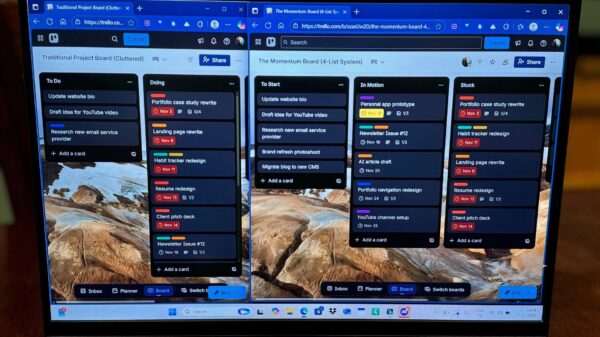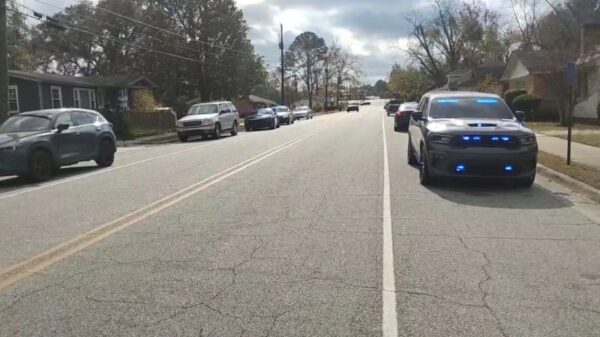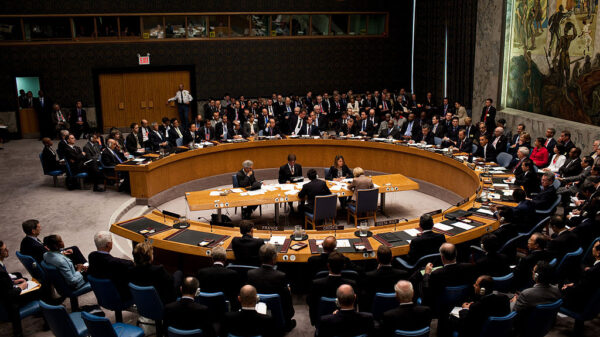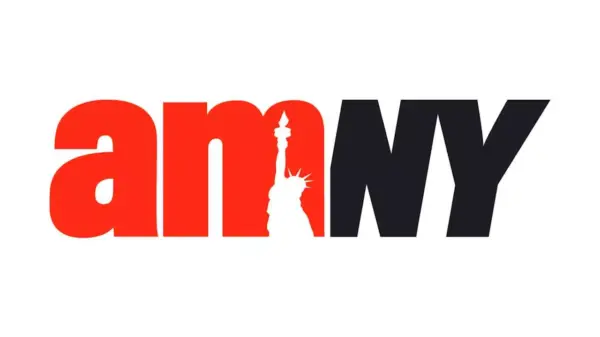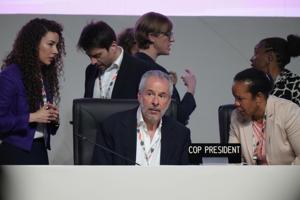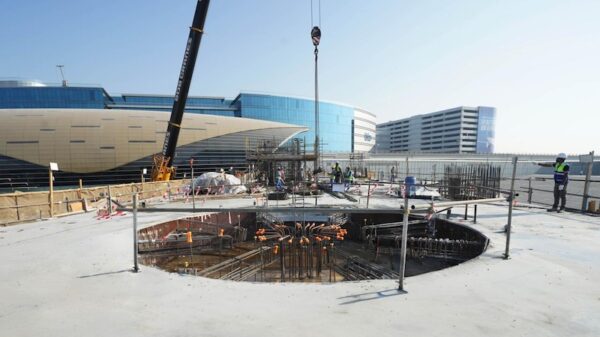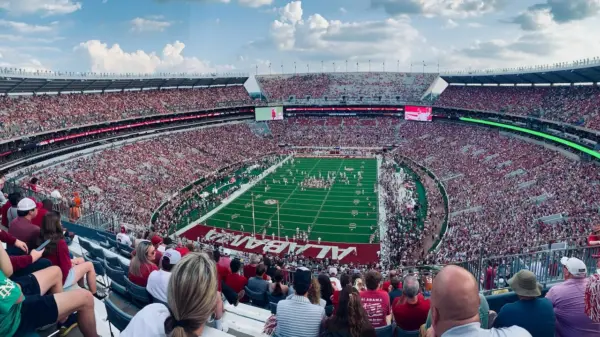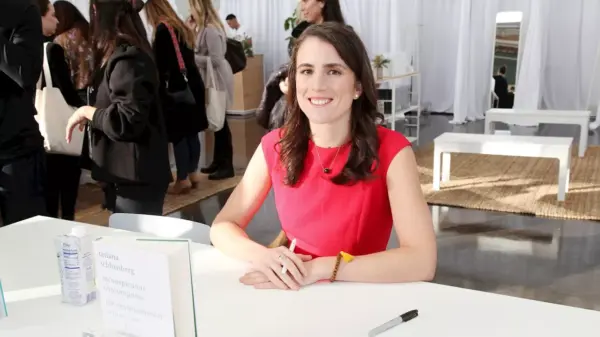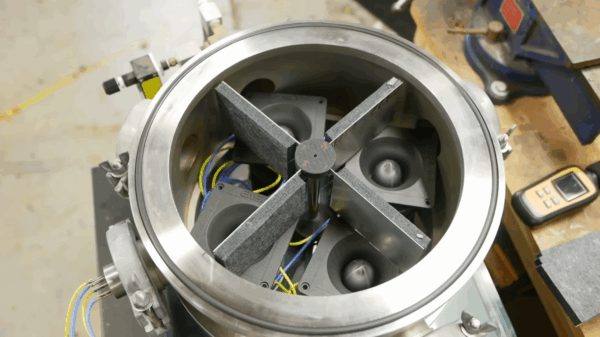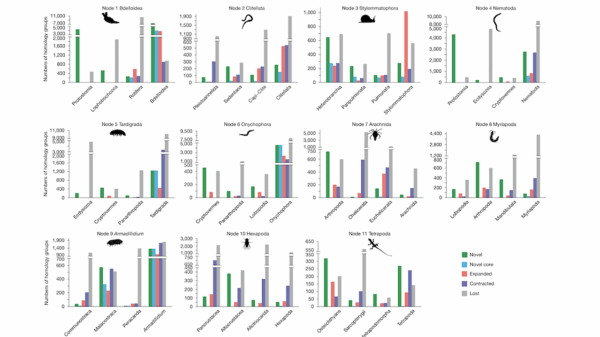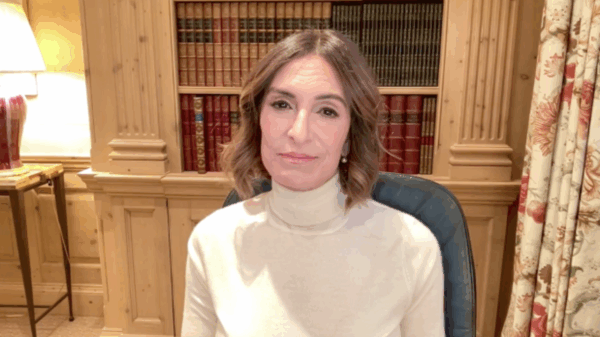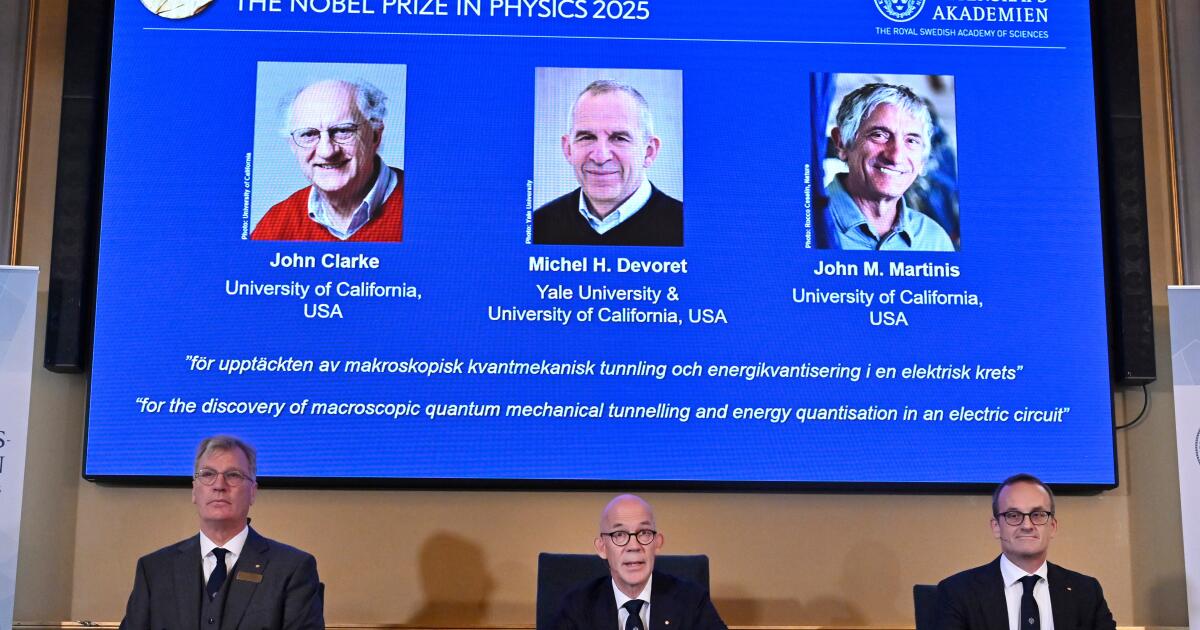Three scientists from the University of California have been awarded the prestigious Nobel Prize in Physics for their groundbreaking research in quantum mechanics, specifically focusing on the phenomenon of quantum tunneling. The winners, John Clarke, Michel H. Devoret, and John M. Martinis, received the announcement on October 3, 2025, recognizing their contributions that could enhance the capabilities of digital communications and computing.
Clarke, who conducted his research at the University of California, Berkeley, expressed his surprise at receiving the award. Speaking from his mobile phone, he remarked, “One of the underlying reasons that cellphones work is because of all this work.” His fellow laureates, Devoret and Martinis, who are based at Yale University and the University of California, Santa Barbara, respectively, have also contributed significantly to the field.
The Significance of Quantum Research
The team’s research, initiated in the mid-1980s, delves into the complexities of quantum mechanics—the study of the behavior of subatomic particles. According to Jonathan Bagger, CEO of the American Physical Society, their work has transformed abstract quantum phenomena into practical applications that can impact everyday technology. This research serves as a foundational element for advancements in quantum computing and other technologies.
“Quantum computers are one obvious application, but they can also enhance quantum sensors, which allow for precise measurements, such as detecting magnetic fields, and can improve cryptographic methods to secure information,” explained Mark Pearce, a member of the Nobel Physics Committee. The implications of their findings could lead to a significant leap in technological capabilities.
Clarke highlighted that their research forms a basis for quantum computing, although he acknowledged the full extent of its current applications remains somewhat unclear. Both Bagger and Richard Fitzgerald, editor-in-chief of Physics Today, emphasized the importance of their work in enhancing existing technologies, such as magnetic resonance imaging (MRI), making them much more effective.
Reactions from the Winners
Upon receiving the news, Clarke described his emotions as a mix of shock and joy. His daughter was the first to inform him of the award early in the morning, and he found himself inundated with congratulatory messages shortly thereafter. “It had never occurred to me, ever, that I would win the Nobel Prize,” he stated, calling it “the surprise of my life.”
Martinis was still asleep at the time of the announcement, according to his wife, who noted that they had previously stayed up late to await the prize news but decided that rest was more important this year. Devoret’s response was not immediately available.
As the Nobel Prize ceremony approaches, it is essential to recognize the broader context of this year’s awards. The 2025 Nobel Prize in Physics marks the 119th iteration of the prestigious accolade. Last year, the award was presented to John Hopfield and Geoffrey Hinton for their pioneering work in artificial intelligence. Other Nobel announcements this week include the Nobel Prize in Medicine, awarded to Mary E. Brunkow, Fred Ramsdell, and Dr. Shimon Sakaguchi for their discoveries about immune responses.
The Nobel Prize carries not only significant prestige but also a monetary award of 11 million Swedish kronor (nearly $1.2 million). This year’s ceremony will take place on December 10, commemorating the death of Alfred Nobel, the founder of the prizes.
The achievements of Clarke, Devoret, and Martinis exemplify how fundamental research in quantum mechanics continues to influence modern technology and communication, bridging the gap between abstract science and practical applications that enhance our daily lives.






